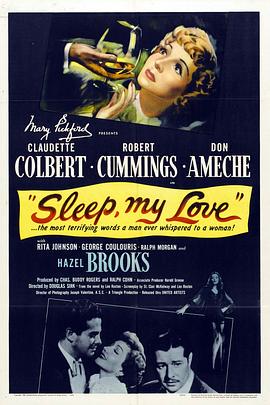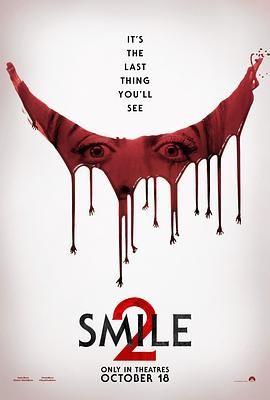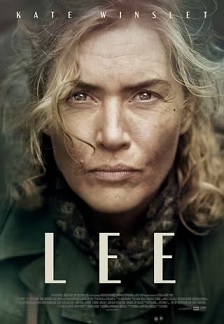In 1947, an amendment was made to the Production Code that cleared the way for the production and re[展开全部]
In 1947, an amendment was made to the Production Code that cleared the way for the production and release of films dealing with drugs, and Hollywood wasted no time driving through the "drug" door. (Drugs still couldn't be smoked or used free-will or for receation, though.) While not the first film to take www.tuikan.cc advantage of the drugs-can-be-used-when-essential-to-the-plot loophole, this Mary Pickford production for Triangle Productions made certain the use of a drug was most essential to the story of "Sleep, My Love." It is no "spolier" to say that the plot of this film (since the audience is let in on it real quick like)puts some unidentified drug into the hands of a two-timing husband (Don Ameche) trying to murder his wife (Claudette Colbert) by driving her insane. His motive is his love for the very-leggy Hazel Brooks, who is fond of parading around in transparent garments, all the better to make the audience understand his motive. And, unlike Miss Colbert, she had no camera bad-side. Being a man of patience, a virtue Miss Brooks' character doesn't share but virtures is not her long suit to begin with, Ameche drugs Colbert's nightly night-cap of chocolate, then bundles her onto a train where she'll wake up screaming in Boston, or he will suggest to her---this is a memory-losing drug---she should jump off the balcony into the river, or he has wild-eyed men chasing her and claiming they are psychiatrists. In the morning, when her head is clear, he just shakes his head sadly at her nightly misadventures and tsks-tsks that she just needs a good long rest...and he intends to see that she gets one. This cheers her up no end. Go to bed dear, and he will fix you a nice cup of hot chocolate.(It is not known if Timothy Leary saw this film and got an inspired Brownies recipe from it.) What happens when Robert Cummings and George Coulouris show up does contain the spoilers.[收起部分]

















